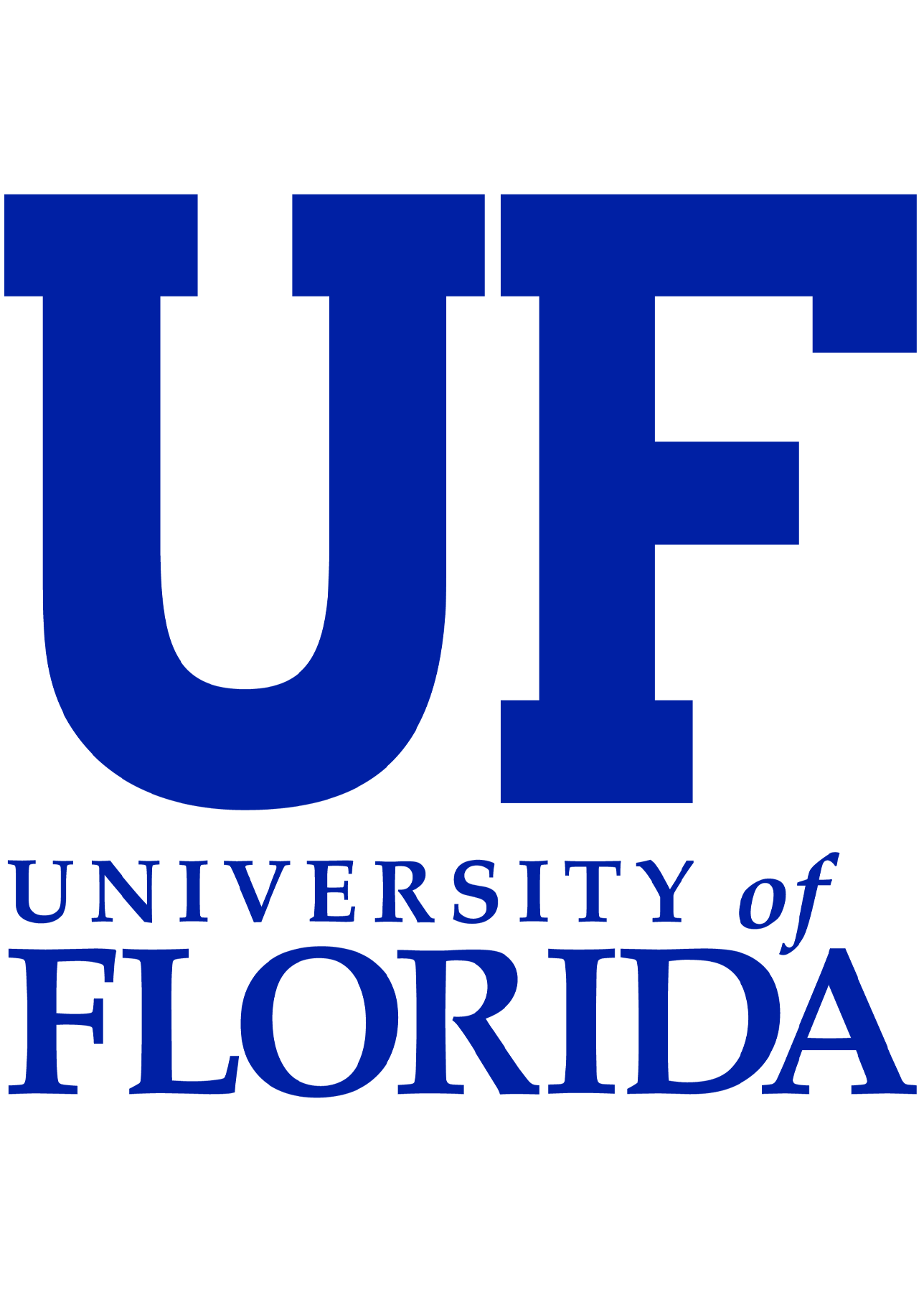RN-to-DNP degree programs prepare students for advanced clinical and leadership roles in the healthcare industry. Many graduates become nurse practitioners, who provide primary or specialty healthcare services. After completing an RN-to-DNP program, it’s also possible to become a nurse manager or nursing executive.
In 2023, nurse practitioners earned a median annual salary of $129,480. Top executives earned an average of $136,100 during the same year. This occupational category includes chief nursing officers.
It typically takes a full-time student four years to complete an RN-to-DNP degree program. For part-time students, it may take up to six years. According to the National Center for Education Statistics, tuition for a graduate degree costs an average of $19,749 per year. If it takes a student four years to complete their RN-to-DNP program, their total cost of attendance is likely to exceed $80,000.
Why Trust Us
The Intelligent.com Higher Education Team is dedicated to providing students with independent, equitable school and program rankings and well-researched resources. Our expert-driven articles cover topics related to online colleges and programs, paying for school, and career outlooks. We use data from the U.S. Department of Education’s College Scorecard, the National Center for Education Statistics, and other reputable educational and professional organizations. Our academic advisory team reviews content and verifies accuracy throughout the year for the most current information. Partnerships do not influence rankings or editorial decisions.
- Analyzed over 2,000 national, accredited, and nonprofit colleges and universities
- 800+ rankings pages are reviewed and updated yearly
- Content is informed by reputable sources, surveys, and interviews with academic advisors and other experts
- Over 100 data points are reviewed for accuracy and quality throughout the year, including sources
How we rank schools
Our list features the best RN-to-DNP degree programs at top colleges nationwide. Each school featured is a nonprofit, accredited institution — either public or private — with a high standard of academic quality for post-secondary institutions.
We evaluated each school’s program on tuition costs, admission, retention and graduation rates, faculty, reputation, and the student resources provided for online students. We collected data from trusted sources like the National Center for Education Statistics, individual school and program websites, school admissions counselors, and other data sources. Then, we calculated the Intelligent Score on a scale of 0 to 100 based on the following criterion:
Academic Quality:
- Admission rate versus enrollment rate
- Retention rate of students who return after year one
- Accreditation status (regional and programmatic)
- Nonprofit status, both private and public institutions
Graduation Rate
- Overall graduation rate
- Total number of currently enrolled students, including diversity metrics
- Student-to-faculty ratio
Cost and ROI
- In-state and out-of-state per-credit tuition rates and fees
- Required credits to graduate
- Earning potential after graduation
- Availability of federal student loans, scholarships, and other financial aid options
Student Resources
- Available student services for online-only and hybrid programs
- On-campus amenities like tutoring centers and the number of libraries
Read more about our ranking methodology.
Best 9 Accredited RN-to-DNP Programs
FiltersInstitution Type
Status
- Intelligent Score
- Alphabetically By University Name
- Acceptance Rate
- Enrollment
- In-state Graduate Tuition
- Out-of-state Graduate Tuition
- In-state Undergraduate Tuition
- Out-of-state Undergraduate Tuition

Johns Hopkins School of Nursing
Intelligent Score: 99.58In-state: $54,160
Out-of-state: $54,160
In-state: $57,010
Out-of-state: $57,010
SAT: 1470-1560
ACT: 34-36
$2,293
On-Campus, Hybrid
Council on Accreditation of Nurse Anesthesia Educational Programs
88

Emory School of Nursing
Intelligent Score: 97.11In-state: $91,240
Out-of-state: NA
In-state: $92,790
Out-of-state: $92,790
SAT: NA
ACT: NA
$1,721
On-Campus
Council on Accreditation of Nurse Anesthesia Educational Programs
89

Vanderbilt University School of Nursing
Intelligent Score: 95.92In-state: $52,781
Out-of-state: $52,781
In-state: $50,082
Out-of-state: $50,082
SAT: 1470-1570
ACT: 33-35
$1,939
On-Campus
Commission on Collegiate Nursing Education
74

Rush University
Intelligent Score: 94.39In-state: $61,837
Out-of-state: $61,837
In-state: $46,398
Out-of-state: $46,398
SAT: N/A
ACT: N/A
$1,344
On-Campus
Commission on Collegiate Nursing Education
62-71

The Ohio State University College of Nursing
Intelligent Score: 93.82In-state: $10,615
Out-of-state: $32,599
In-state: $11,560
Out-of-state: $11,560
SAT: 1210-1430
ACT: 26-32
$972
On-Campus, Online
Commission on Collegiate Nursing Education
72

University of Pittsburgh School of Nursing
Intelligent Score: 93.25In-state: $18,628
Out-of-state: $32,656
In-state: $23,530
Out-of-state: $23,530
SAT: 1243-1420
ACT: 28-32
$1,231
On-Campus, Online
Commission on Collegiate Nursing Education
99

University of Maryland School of Nursing
Intelligent Score: 93.01In-state: $8,824
Out-of-state: $34,936
In-state: $13,158
Out-of-state: $13,158
SAT: 1270-1480
ACT: 30-34
In-State: $873
Out-of-State: $1,549
On-Campus, Online
Commission on Collegiate Nursing Education
80

University of Washington School of Nursing
Intelligent Score: 91.67In-state: $10,629
Out-of-state: $37,998
In-state: $16,278
Out-of-state: $16,278
SAT: 1200-1453
ACT: 27-33
$982
On-Campus
Commission on Collegiate Nursing Education
93

UF College of Nursing
Intelligent Score: 91.32In-state: $4,477
Out-of-state: $25,694
In-state: $10,770
Out-of-state: $10,770
SAT: 1290-1460
ACT: 29-33
Resident: $448
Non-Resident: $1,138
On-Campus, Online
Commission on Collegiate Nursing Education
75-78
How to Choose an RN-to-DNP Program
Choose your area of study
RN-to-DNP programs prepare students for advanced roles in nursing, so the first step is to choose a specialty. Students who want to work in a primary care setting should look for programs designed for family nurse practitioners (FNPs).
Other concentration options include neonatal nursing, pediatric nursing, psychiatric nursing, gerontology, or women’s health. If you want to provide specialty care, look for schools offering at least one of these concentrations.
Once you choose a specialty, you need to think about which type of program is the best fit for your life. RN-to-DNP programs usually have hands-on learning requirements, so you may not be able to find an online program in your area, but some schools offer hybrid options. A hybrid program includes a mix of online and on-campus learning.
Research schools and programs
The United States has more than 400 DNP programs, giving prospective students plenty of options. Before you compile a list of potential schools, look for programs that allow you to enroll without obtaining a master’s degree first.
Next, look for schools in your target area. If you want to take in-person classes, think carefully about how much time you can dedicate to commuting to campus each week. It’s also important to consider the cost of gasoline and the potential for extra wear and tear on your vehicle. If you’re interested in online classes, you don’t have to worry about the location of each campus.
Finally, narrow down your list by speaking with admissions counselors, taking campus tours, attending virtual open houses, and conducting online research. At the end of the research process, you should have no more than five options on your list.
Prepare for tests and applications
Before you enroll in an RN-to-DNP degree program, you may have to take the Graduate Record Examination (GRE). The GRE measures your critical thinking, verbal reasoning, and math skills. It also includes a writing assessment. If one of the schools on your list requires the GRE, join a study group or enroll in a prep course to ensure you get the highest possible score.
RN-to-DNP schools require detailed applications, so gather letters of recommendation, employment references, college transcripts, and other information well in advance of the submission deadline. You may also have to write a letter of intent or a personal statement to qualify for admission.
Select your program
Now it’s time to choose a program. The right program for your needs depends on several factors, such as how many classes you plan to take per term and whether the school offers online or in-person classes. If you plan to work full-time, consider enrolling on a part-time basis to avoid getting overwhelmed.
Determine how you’ll pay for your degree
Before you register for classes, think carefully about how you’ll pay for your RN-to-DNP degree. Graduate students don’t qualify for Pell grants or subsidized federal loans, but you may be eligible for unsubsidized loans. If you’re interested in financial aid, fill out the Free Application for Federal Student Aid (FAFSA) to determine your eligibility.
If you’re employed by a healthcare facility, contact your HR department to find out if your employer offers tuition reimbursement or other education benefits. You could also take out a private student loan or pay for tuition with money in your personal bank accounts.
What Can You Expect From an RN-to-DNP Program?
Once you enroll in an RN-to-DNP program, you can expect to learn advanced nursing theory and clinical skills. If you didn’t take biology, organic chemistry, and other advanced science classes as an undergraduate, you may also have to take some science prerequisites.
The DNP is a doctoral degree, so you also have to do some type of research. To prepare for the research component of the program, some schools require coursework in statistics, research methods, and informatics. You should also expect to complete several immersion experiences, which give students the opportunity to practice advanced nursing skills in a healthcare setting.
If you enroll in an online program, you may need to complete a residency requirement before you graduate. How long it takes to complete your RN-to-DNP degree depends on how many credits you complete each term, how many clinical rotations your school requires, and whether you have to complete a residency or write a doctoral dissertation.
Potential courses you’ll take in an RN-to-DNP program
- Nursing Informatics. Informatics combines computer science with information science, enabling nurses to make better clinical decisions. Students enrolled in this course learn how to create and manage databases in healthcare settings. Once they have a command of the basics, students experiment with using these databases to make decisions related to patient care.
- Healthcare Ethics. Nurse practitioners, nurse managers, and other nursing professionals have various ethical obligations. Healthcare ethics focuses on a nurse’s duty to provide competent care, maintain confidentiality, and promote health and safety at all times.
- Leadership and Management. RN-to-DNP programs prepare students for advanced nursing roles, all of which require strong leadership and management skills. Students learn about popular leadership theories and how to apply those theories to a variety of practical situations.
- Evidence-Based Practice. This course covers how to use the best available evidence to make patient care decisions. Students discuss how to apply evidence in a way that respects each patient’s wishes and increases the likelihood of a positive outcome.
- Professional Seminar. Seminars prepare RN-to-DNP students to complete their clinical rotations. At some schools, the seminar course also helps prepare students to complete a dissertation or other major research project.
RN-to-DNP Degree Frequently Asked Questions
How do I apply to an RN-to-DNP degree program?
If your preferred school requires the GRE, register for the exam as soon as possible. The earlier you take the test, the more likely you’ll receive your score well before the application deadline. Your school may also require college transcripts, proof of RN licensure, a personal statement, and letters of recommendation for a complete application.
To ensure you don’t overlook anything, speak with an admissions counselor before you submit your application. Admissions representatives understand the requirements for each program and may be able to help you overcome common obstacles.
How much does an RN-to-DNP degree cost?
According to the National Center for Education Statistics, graduate school tuition costs an average of $20,513 per academic year. You also need to consider the cost of textbooks, course materials, lab fees, and housing expenses when calculating your total cost of attendance.
How long does it take to earn an RN-to-DNP degree?
If you enroll full-time, it should take about four years to complete an RN-to-DNP degree program. It may take a little longer if you enroll in an online program with an on-campus residency requirement. Total completion time also depends on how many credits your school requires. If you decide to enroll as a part-time student, it may take as long as six years to earn your degree.

